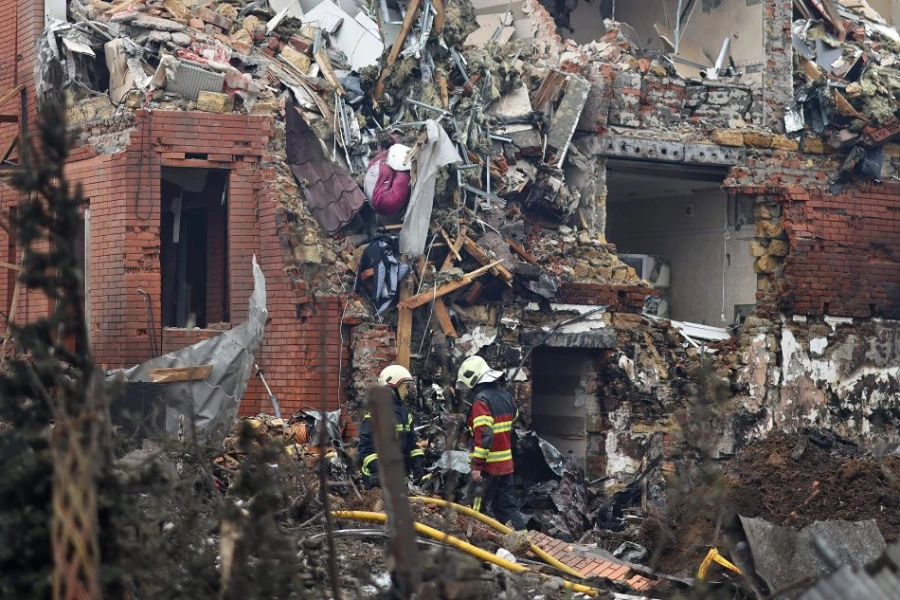KATHMANDU, April 25: A pre-feasibility study carried out by the Institute of Engineering Consultancy Services (IOECS) has estimated the cost of building seven pipelines and storage facilities at Rs 41.15 billion.
The pre-feasibility study has also concluded that the proposed pipeline projects are economically attractive and will help in saving loading and unloading cost of tankers and bullets, and transit losses.
The study carried out for the Nepal Oil Corporation (NOC) has calculated the estimated cost of cross-border pipeline from Siliguri of India to Char Ali of Jhapa along with storage facility having 90,000 KL capacity (estimated total cost Rs 4.79 billion), from Amalekhgunj of Bara to Lothar of Chitwan with storage facility of 100,000 KL (estimated cost Rs 9.87 billion) and from Muzaffarpur of India and Janakpur for the supply of LPG along with storage facility of 40,000 tons (estimated cost Rs 7.76 billion).
Testing of newly laid pipelines for Melamchi water distribution...

Similarly, the cross-border pipeline from Motihari of India to Lothar of Chitwan for the supply of LPG along with storage capacity of 40,000 tons is estimated to cost Rs 15.13 billion, while the estimated cost of building a storage tank at Sarlahi with capacity of 40,000 KL is Rs 1.8 billion. Similarly, the study has estimated the cost of building a storage tank in Bhairahawa at Rs 1.8 billion.
Narayan Prasad Gautam, the chief of IOECS, said that they conducted the pre-feasibility study in areas where the NOC is mulling over building pipelines to improve supply of petroleum products and storage facilities. “We have calculated the estimated cost based on the experience of similar projects including Raxaul to Amalekhgunj pipeline project in value/terms and escalation data,” he added.
The construction of the cross-border pipeline from Raxaul to Amalekhgunj for supply of petroleum products is at the last stage. It is scheduled to come into operation in next two months.
Experts say that the supply of petroleum products from pipelines has multiple benefits for Nepal including saving in transportation costs, reduction in losses and leakages as well as minimal impact in the environment.
Tri Ratna Bajracharya, president of Nepal Engineering Association, said that they estimate that the construction of these pipeline projects will save nearly Rs 20.5 billion in annual transportation cost on top of Rs 802.2 million in annual technical losses. By factoring in the annual pipeline operation cost of Rs 2.3 billion, he said that their study estimates Rs 18.99 billion of net annual saving for the NOC.
Currently, the NOC has been importing petroleum products from India in tankers and bullets.
Supply from tankers and bullets have not only added cost burden on the NOC, frequent strikes and protests prompt long queues at the petrol pumps due to supply disruptions.
The NOC has set a plan to build additional storage facilities across the country to store petroleum products that can meet demand of at least of 90 days. Currently, the NOC has storage facility of 68,364-kiloliter capacity which can meet demand of seven days only.


































